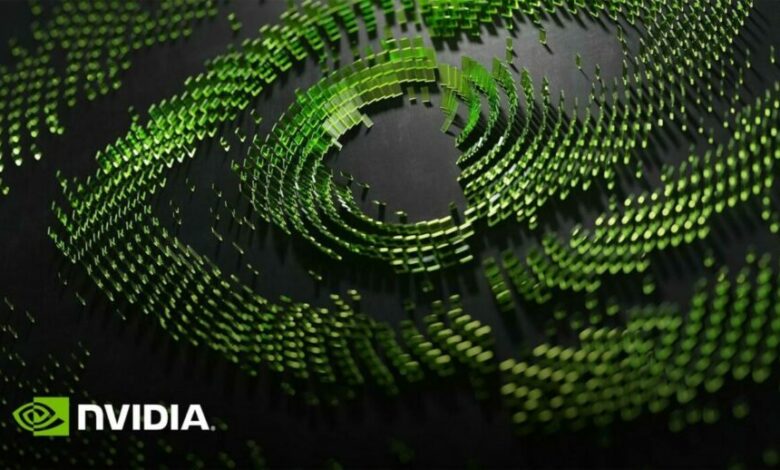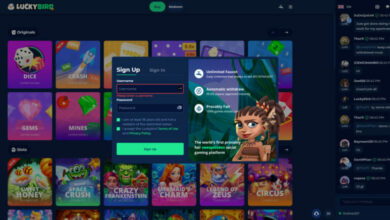NVIDIA’s Leap into Quantum Computing: Unveiling New Systems

The world of quantum computing is rapidly evolving, with tech giants and startups alike racing to unlock its immense potential. One such tech giant making significant strides in this field is NVIDIA, a company renowned for its prowess in graphics processing units (GPUs) and artificial intelligence (AI). Recently, NVIDIA announced new systems for quantum computing, marking a significant milestone in the journey towards quantum advantage.
What is Quantum Computing?
Quantum computing is a revolutionary technology that leverages the principles of quantum mechanics to process information. Unlike classical computers that use bits (0s and 1s) to process information, quantum computers use quantum bits, or qubits, which can exist in multiple states at once. This superposition, along with other quantum phenomena like entanglement, allows quantum computers to solve complex problems that are currently beyond the reach of classical computers.
NVIDIA’s Role in Quantum Computing
NVIDIA, a leader in the field of GPUs and AI, is now making its mark in the realm of quantum computing. The company is leveraging its expertise in high-performance computing (HPC) and AI to accelerate quantum research and development. NVIDIA’s goal is to make quantum computing more accessible and practical by creating a coherent hybrid quantum-classical programming model.
The New Systems for Quantum Computing

NVIDIA DGX Quantum
NVIDIA, in collaboration with Quantum Machines, has announced the world’s first GPU-accelerated quantum computing system, the NVIDIA DGX Quantum. This system combines the power of the NVIDIA Grace Hopper Superchip and the CUDA Quantum open-source programming model with the advanced quantum control platform, OPX, by Quantum Machines. The DGX Quantum is designed to enable researchers to build powerful applications that combine quantum computing with state-of-the-art classical computing.
NVIDIA Quantum Optimized Device Architecture (QODA)
In addition to the DGX Quantum, NVIDIA has also introduced the Quantum Optimized Device Architecture (QODA). QODA is an open, unified environment for some of today’s most powerful computers and quantum processors, aimed at improving scientific productivity and enabling greater scale in quantum research. It allows HPC and AI domain experts to easily add quantum computing to existing applications.
NVIDIA’s quantum computing initiatives are supported by collaborations with several quantum hardware providers and software providers. These partnerships are crucial in driving the development and adoption of hybrid quantum-classical computing, bringing the first quantum-accelerated supercomputer one step closer.
Implications for the Future
The advancements NVIDIA is making in quantum computing have the potential to reshape various industries, including AI, HPC, health, finance, and gaming. By providing a unified platform for hybrid quantum-classical computing, NVIDIA is accelerating quantum research and making quantum computing more accessible to a broader group of scientists and innovators.
Quantum Computing & Gaming
Quantum computing’s emergence combined with NVIDIA’s leading position as a GPU developer in the gaming world brings forth exciting prospects for the gaming industry. NVIDIA’s foray into quantum computing promises a significant impact on gaming experiences, leveraging the immense computational power of quantum systems.
With NVIDIA’s expertise, quantum computing could pave the way for hyper-realistic graphics, dynamic virtual environments, and AI-driven gameplay, taking gaming to unprecedented levels. The potential application of quantum algorithms in game design, procedural content generation, and matchmaking systems also indicates a future of personalized and interactive gaming experiences.
As NVIDIA continues to explore the synergies between quantum computing and gaming, the possibilities for revolutionary advancements in the gaming landscape appear brighter than ever before.
For example, minions from the popular game League of Legends could transcend their traditional NPC roles and become incredibly sophisticated entities with consciousness and enhanced cognitive abilities.
Powered by the immense computational capabilities of quantum systems and NVIDIA’s cutting-edge AI technologies, these minions could think, reason, and act in ways that mirror non-NPC characters.
Equipped with “consciousness”, they might adapt their strategies based on real-time data, learn from their interactions with players, and develop unique personalities. As a result, matches in League of Legends would become even more dynamic and challenging, offering players an unprecedented gaming experience where every encounter with these AI-powered minions feels remarkably lifelike and unpredictable.
The fusion of quantum computing, AI, and the League of Legends universe would undoubtedly usher in a new era of gaming that blurs the lines between artificial intelligence and human-like consciousness.
Conclusion
NVIDIA’s new systems for quantum computing represent a significant leap forward in the quest for quantum advantage. By combining the power of quantum and classical computing, NVIDIA is paving the way for a new era of computational capabilities. As we look to the future, these advancements in quantum computing hold the promise of solving some of the world’s most complex problems.
Read Next: Learn How to Unblock Someone on Snapchat in 7 Simple Steps



